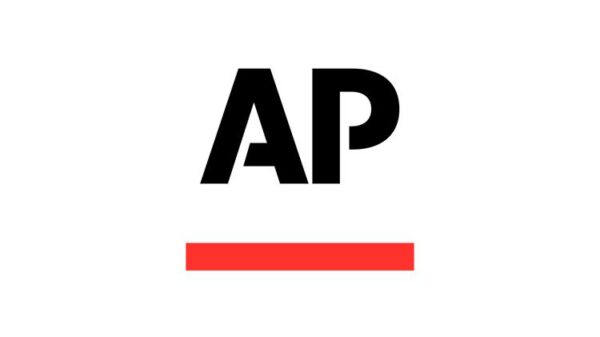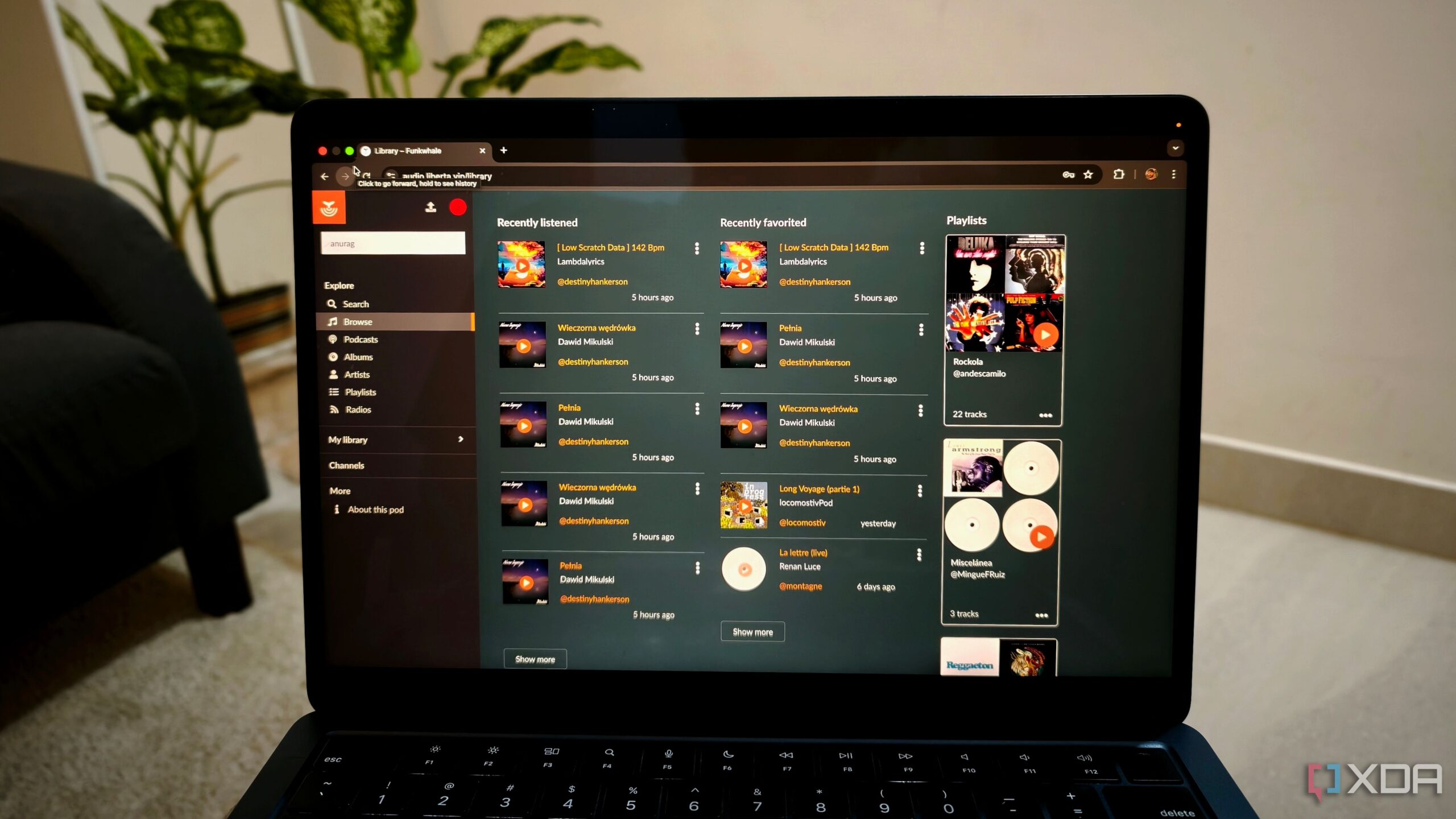UPDATE: A revolutionary free and open-source alternative to Spotify, called Funkwhale, is gaining traction among music lovers. Users can now take control of their audio streaming experience while enjoying complete privacy and customization options.
Funkwhale, created in 2015 after the shutdown of Grooveshark, has quickly evolved into a community-driven platform allowing users to stream music and podcasts from anywhere. Unlike Spotify, which relies on a centrally licensed catalog, Funkwhale enables users to upload their own content and share it with friends or the public.
What makes Funkwhale a compelling choice? This decentralized audio platform operates through a network of servers known as pods, communicating via the open protocol ActivityPub. Users can join existing pods or host their own, providing a personalized streaming experience free from ads and third-party trackers.
For those considering a switch, Funkwhale offers two straightforward paths: join a public pod or set up your own. Public pods welcome new listeners and creators, allowing for social engagement and content sharing tailored to individual tastes and preferences. Alternatively, tech-savvy users can self-host Funkwhale by installing it on their own server using tools like Docker and PostgreSQL.
Funkwhale’s unique architecture ensures that if one pod goes offline, others remain unaffected, allowing continuous access to music libraries and podcasts. Each pod is managed by its respective community, establishing local rules and moderation policies, further enhancing user control.
In stark contrast to Spotify’s closed ecosystem, Funkwhale empowers users to build their own libraries, create playlists, and explore a variety of tracks without the interference of corporate algorithms. The platform supports podcasts alongside music, connecting listeners with indie shows and allowing them to publish their content.
The shift towards Funkwhale is not just about enjoying music but reclaiming privacy and autonomy. Users no longer have to worry about data collection or invasive ads. Instead, they experience complete freedom in how they listen, share, and interact with content.
As Funkwhale continues to gain popularity, it represents a significant change in how we consume audio. For anyone tired of rising subscription fees and intrusive ads, now is the perfect time to explore this innovative, community-focused alternative.
Expect to see more developments as Funkwhale expands its user base and features. Stay tuned to discover how this platform could reshape your music streaming experience and foster a more inclusive audio community.
Don’t miss out on this opportunity—join Funkwhale today and take your audio experience into your own hands!





































































